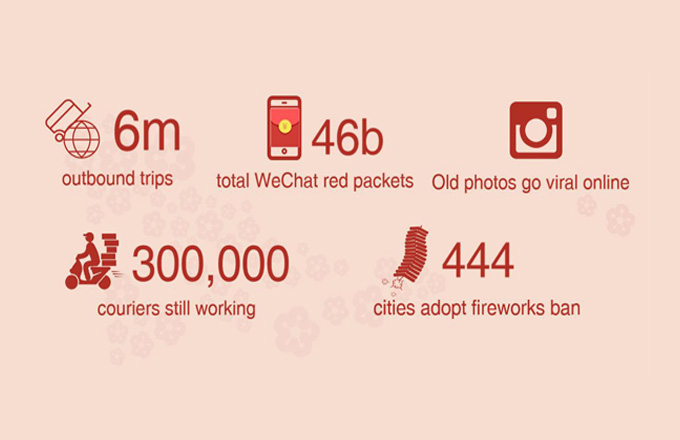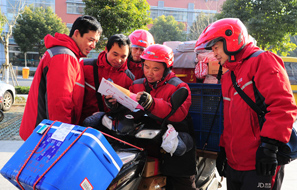NGOs call for more info on pollution
An open letter signed by 23 NGOs urged environmental agencies at all levels on Thursday to disclose more information to the public about sources of pollution.
"So far, 2013 has seen a leap forward in open environmental information, as 74 cities are providing real-time air quality readings so people can protect themselves from airborne pollution, especially from fine particles," the letter said.
"But to make a real change, we need to actively reduce emissions rather than simply covering ourselves up."
The letter calls for a comprehensive disclosure of pollution information from enterprises that dump chemicals and from watchdogs that keep records on emissions, in order to promote pollution reduction.
"Most of the data is already acquired by environmental departments," the letter said.
The proposal came the same day as the release of the 2012 Pollution Information Transparency Index, which shows levels of open environmental information in 113 cities nationwide.
The index rates cities based on eight criteria, which were set according to the Environmental Protection Ministry's Measures on Open Environmental Information, which took effect on May 1, 2008. The best possible score is 100 points.
Disclosing polluting enterprises' daily emissions information accounts for the highest number of points - 28.
Beijing ranked sixth in the scoring system, Guangzhou seventh and Shanghai 14th. The average score of the top 10 cities is almost 74, exceeding the average by more than 30 points.
But the figure for the bottom 10 cities was less than 20.
The index, co-authored by staff of the Institute of Public and Environmental Affairs and the Natural Resources Defense Council, both of which signed the open letter, is the fourth annual assessment of environmental transparency in cities.
"The average score has been growing steadily in the past four years, but the growth rate has declined largely, from more than 16 percent in 2010 to about 6 percent in 2012," said Ma Jun, director of the Institute of Public and Environmental Affairs.
"The main problems include poor information, transparency of official routine monitoring results, and the fact that few cities are releasing the types and amount of pollutants emitted by enterprises," he said.
- Official challenged to swim in polluted river
- Beijing and Tianjin to tackle heavy pollution
- Green tax mulled to help fight pollution
- Chinese public calls for tackling water pollution
- Coastal waters face increasing pollution
- Call for new mechanism to evaluate anti-pollution efforts
- Promise of iron fist against pollution
- Political advisers call for rural pollution control
- Beijing pollution fight 'greater than for Olympics'





















